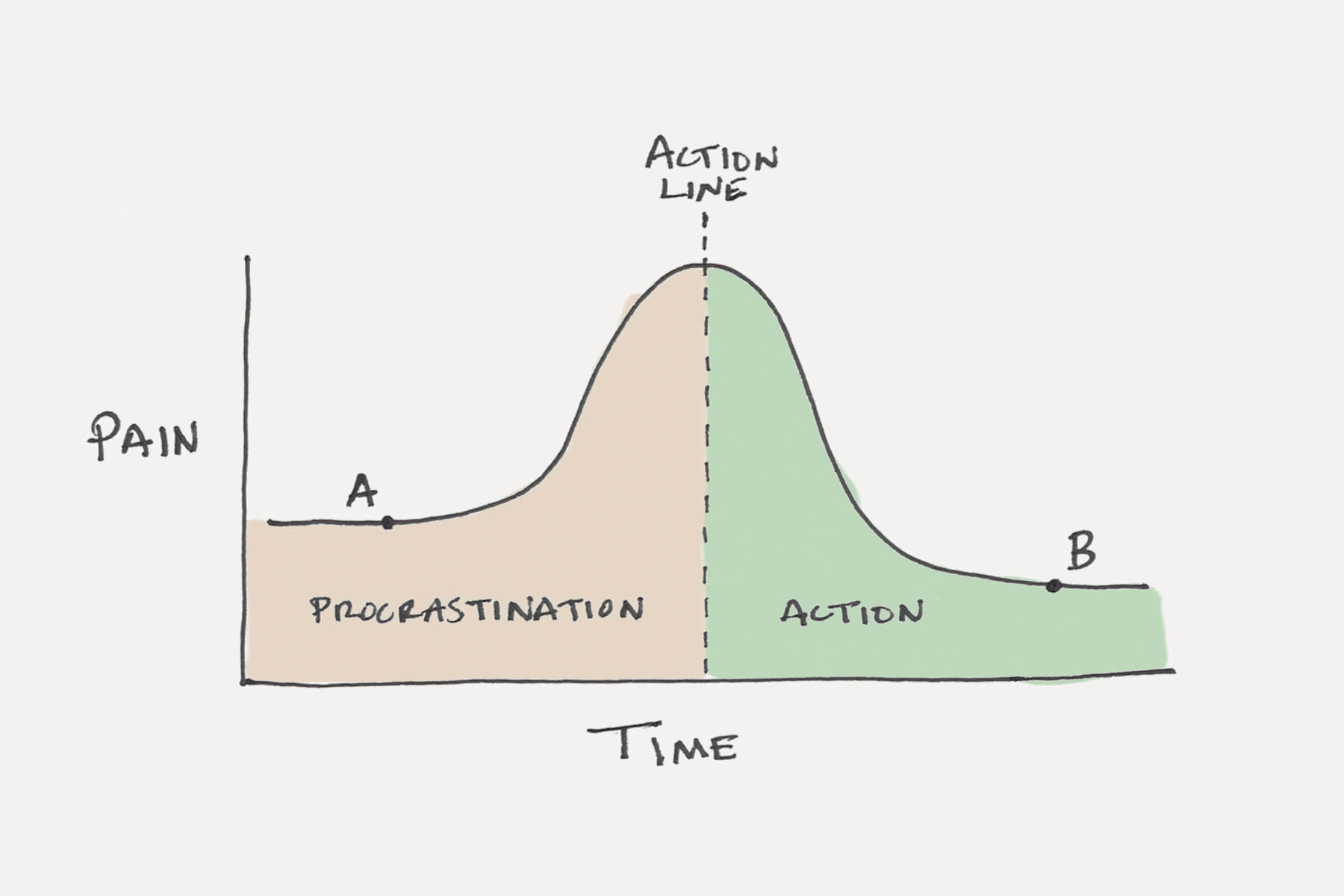Understanding the Cognitive Basis of Procrastination, Emotional Dependency, and Impostor Syndrome
Understanding the Cognitive Basis of Procrastination, Emotional Dependency, and Impostor Syndrome
Blog Article
Why do some individuals struggle with emotional dependency or impostor syndrome? Psychological research provides valuable explanations into these behaviors, helping us understand their roots and possible solutions.
In this article, we will examine the psychological mechanisms behind procrastination, emotional dependency, and procrastinacao impostor syndrome. By understanding the science behind these challenges, you can start to address them effectively.
What is Procrastination?
Procrastination is not just laziness; it’s a behavior rooted in brain functions. Studies in neuroscience show that the battle between the limbic system and the prefrontal cortex often leads to procrastination.

The sindrome impostor limbic system, responsible for emotional responses, tends to override the prefrontal cortex. This results in prioritizing short-term comfort over long-term goals. Cognitive behavioral therapy (CBT) can assist in retraining the brain to focus on productive habits.
What is Emotional Dependency?
Emotional dependency is deeply tied to attachment theory. Studies suggest that childhood experiences and relational dynamics play a significant role in forming emotional patterns.
For example, those with anxious attachment tendencies may struggle to feel secure without constant validation. To overcome emotional dependency involves building emotional self-reliance through practices like journaling, therapy, or mindfulness-based techniques.
What is Impostor Syndrome?
Impostor syndrome is rooted in cognitive distortions, such as unrealistic self-expectations. Studies in cognitive science indicate that individuals with impostor syndrome exhibit thought patterns that undermine their confidence.

The constant fear of inadequacy and a reluctance to internalize achievements. Strategies like cognitive reframing and adopting self-compassion practices have proven effective.
How to Overcome These Challenges Using Research-Based Strategies
Understanding the science is the first step, but actionable strategies are necessary to create change. Here are key research-supported techniques:
- Procrastination: Use implementation intentions—specific plans that link a goal to a cue, such as “If it’s 9 AM, I will start writing my report.”
- Emotional Dependency: Practice self-differentiation, a technique where you focus on identifying your own needs separate from others’ expectations.
- Impostor Syndrome: Keep a success journal to document your accomplishments and review them regularly to challenge distorted self-perceptions.
como sair da dependência emocional
These approaches are supported by empirical studies, making them reliable tools for personal development.
Why Understanding the Science Matters
These challenges can be managed effectively when you understand their scientific underpinnings. By addressing the brain’s tendencies, psychological patterns, and cognitive distortions, you can overcome these barriers.
Awareness is the key to growth. Begin today by using the research-backed techniques shared in this article to build resilience and confidence.
Report this page